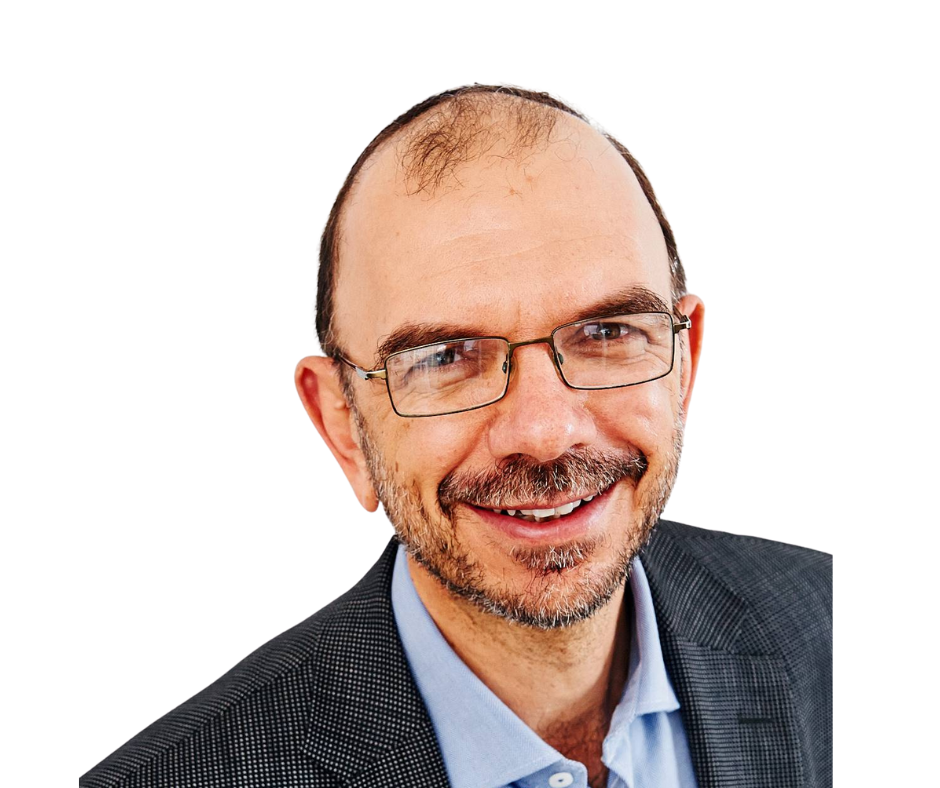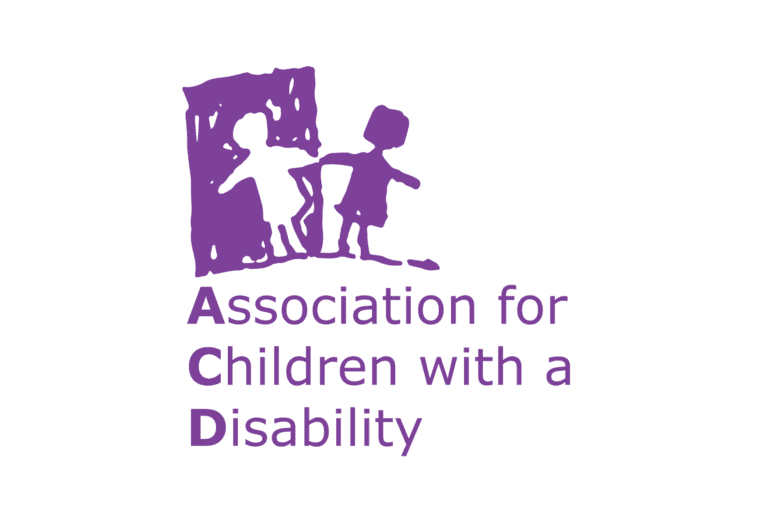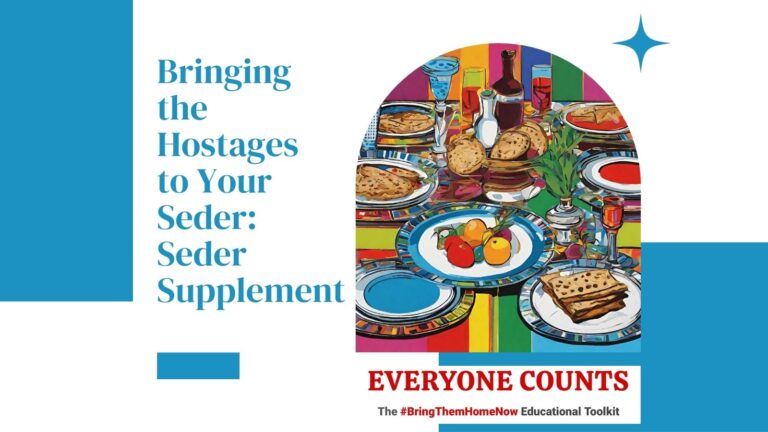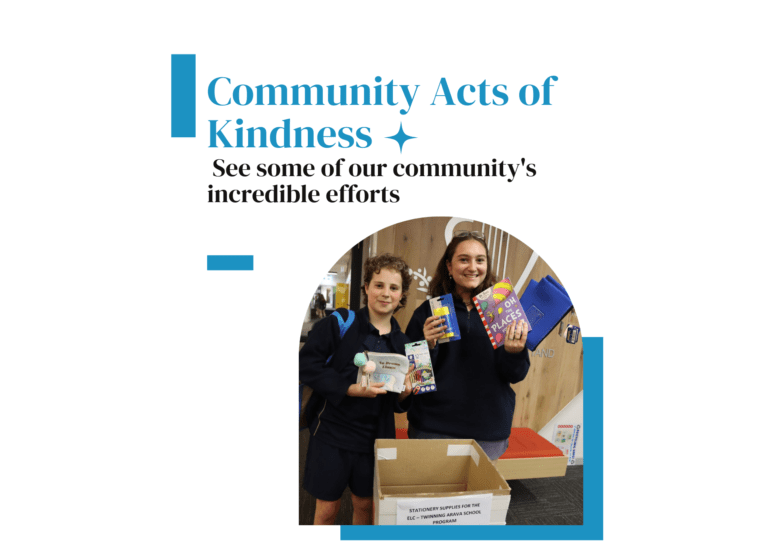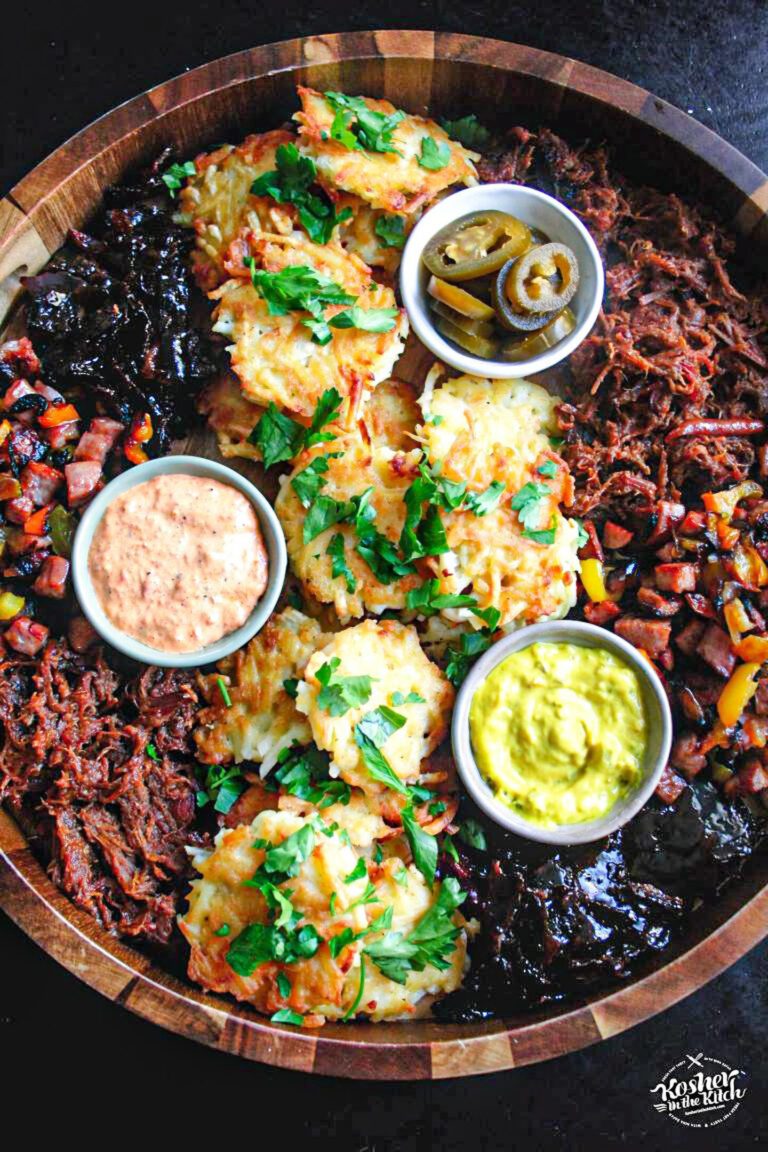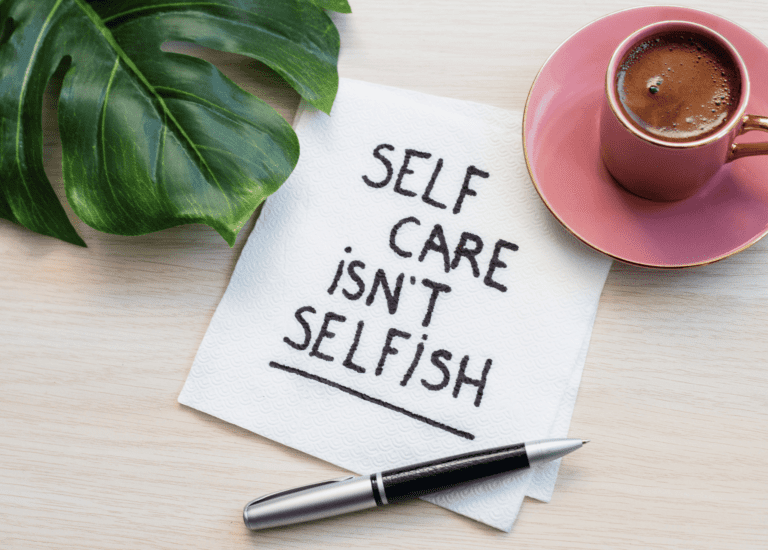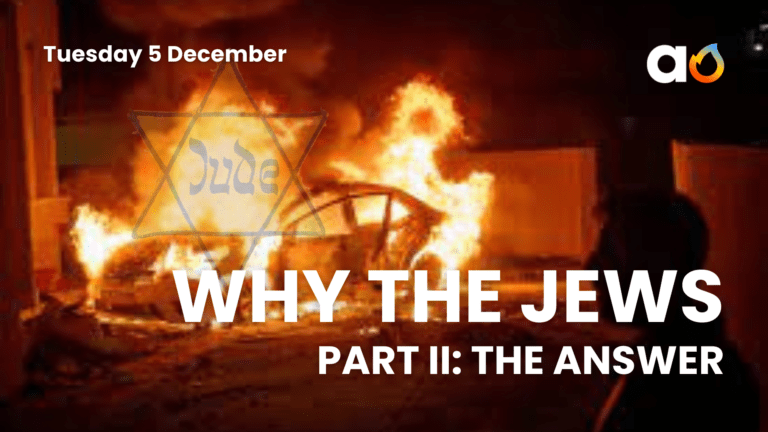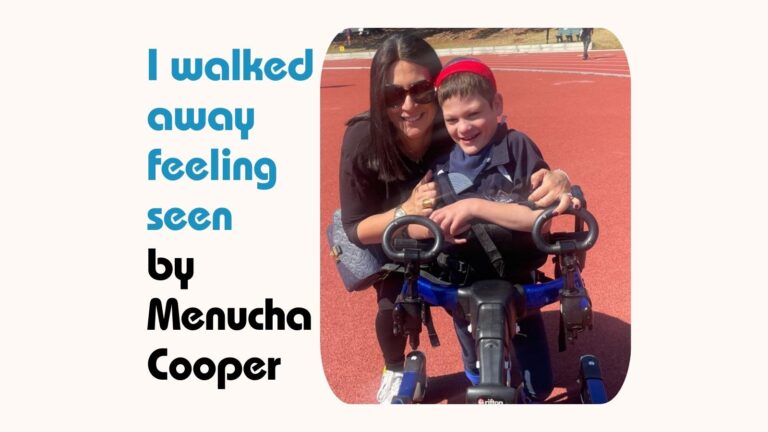At my recent book launch I was asked about the title of the work- Living in an Upside Down World -after all this planet of ours has always lived through turmoil, surely our time is not exceptional, it is just ‘ours’. Yes, it’s true that the time is always singular and exceptional for those living through it. And previous generations would probably have considered their era as inverted and possibly the ‘worst of times’. That’s just the point I was making -Life has always been messy and convoluted and will always be. In fact, the title of the book is Talmudic and recognises this: The Talmud (Pesachim 50a) tells a story of Joseph, the son of the sage, Rabbi Yehoshua Ben Levi who became deathly ill and was thought to have died. Then he suddenly regained consciousness. It was as if he had returned from some far-away place. As he regained consciousness, his father said to him: ‘What did you see?’ Joseph said: ‘I saw a world turned upside down. What is above was below and what is below was above. His father said to him: ‘My son you have seen a clear world, you have seen the world clearly.’
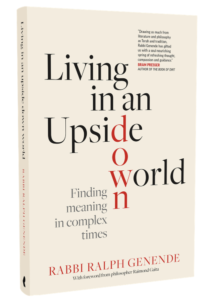
Ironically it’s only the most clear sighted and wise who recognise accept the reality of our flawed globe.
Yet, the tilt in our age may be perceived as more acute and dangerous than before because it’s both global and existential, ranging as of does from climate extinction or disaster to nuclear conflagration. For those who lived through Oct. 27, 1962, the day that later became known as “Black Saturday”, that was the most frightening nuclear and existential experience for the entire world. Historian Arthur Schlesinger Jr. called that event, the Cuban Missile Crisis, “the most dangerous moment in human history.” Scholars and politicians agree that for several days the world was the closest it has ever come to nuclear Armageddon. I would argue that our moment is the next most dangerous and perhaps more so because once the nuclear threat passes it recedes but not so with the climate crisis.
Oxford philosopher William MacAskill goes beyond this .He makes the case for “longtermism” — that positively influencing the long-term future is a key moral priority of our time. He tells us the fate of the world is in our hands. ‘ Humanity’s written history spans only just over five thousand years. Our yet-unwritten future could last for millions more — or it could end tomorrow. Astoni
shing numbers of people could lead lives of great happiness or unimaginable suffering, or never live at all, depending on what we choose to do today. From this perspective, it’s not enough to reverse climate change or avert the next pandemic. We must ensure that civilization would rebound if it collapsed; counter the end of moral progress; and prepare for a planet where the smartest beings are digital, not human. If we make wise choices today, our grandchildren’s grandchildren will thrive, knowing we did everything we could to give them a world full of justice, hope and beauty’.
He tells us the fate of the world is in our hands. ‘ Humanity’s written history spans only just over five thousand years. Our yet-unwritten future could last for millions more — or it could end tomorrow. Astonishing numbers of people could lead lives of great happiness or unimaginable suffering, or never live at all, depending on what we choose to do today. From this perspective, it’s not enough to reverse climate change or avert the next pandemic. We must ensure that civilization would rebound if it collapsed; counter the end of moral progress; and prepare for a planet where the smartest beings are digital, not human. If we make wise choices today, our grandchildren’s grandchildren will thrive, knowing we did everything we could to give them a world full of justice, hope and beauty’.
This is precisely the goal and aspiration of Rosh Hashana. In the immemorial words of Moses: See I have given you today a choice of life or death, blessing or curse. Choose Life! Then you and your children will live. (Deuteronomy 30,19)The Days of Ae are a time of preparation and introspection, a time to look within and reflect on what we can do without; what we can do for the world outside of ourselves. It’s a period of self-examination focusing on how we can improve our ethics and character; how we can shed our negative thoughts, resentments and unhealthy habits – the things and internal thugs we can do without! It’s also a space in time that we can explore how we can be better family members, friends, workers and citizens. It’s an opportunity to draw on the finer parts of ourselves, to err on the side of generosity and kindness, to assess others more favourably, to be more gentle with our words and actions.
It’s also critically an occasion to contemplate how we can navigate our troubled times, a world in crisis.
Rosh Hashana and Yom Kippur may be Jewish holy days, but they are universal in their imprint and message. They are about a profound awareness of the deeply troubled and anguished world we live in. And an unflinching insight into the imperfections of human beings, our failures towards others and towards our planet.
Judaism never shied away from the harshness of life and the fragility of our lives. It has however always encouraged us to confront the challenges, to defy the difficulties, to give hope to the hopeless. This too underlies the power and potency of these Jewish Days of Awe, of Rosh Hashanah and Yom Kippur. We aren’t just victims, playthings of the gods, we are captains of our destiny, champions of our choices. These may be what Charles Dickens called the worst of times, but they’re also the best of times.
This season of introspection is about people of goodwill working together to navigate our upside down world and unlock the incredible power we possess to change and rearrange the planet.!
Rabbi Ralph
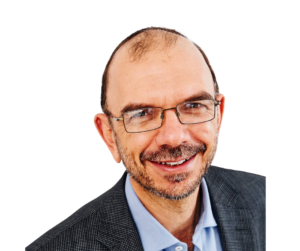 About Rabbi Genende
About Rabbi Genende
Born in Zimbabwe and raised in South Africa, Rabbi Ralph Genende is a Modern Orthodox Rabbi. For more than three decades he has led Jewish congregations in Auckland, New Zealand and Melbourne (until 2021 one of the city’s largest, Caulfield Hebrew Congregation). He was a senior Reserve Chaplain in the South African Defence Force and is now Principal Rabbi to the Australian Defence Force, Member of the Religious Advisory Council to the Minister of Defence (RACS), board member of AIJAC (Australian Israel Jewish Affairs Council) and member of the Victorian Premier’s Mulitifaith Advisory Group. He was President of JCMA ( Jewish Christian Muslim Association) and a long-time executive member of the Rabbinical Association of Victoria. In 2018 Rabbi Genende was awarded an OAM for his services to multi-faith relations, and to the Jewish community of Victoria and in 2021 he was awarded the prestigious General Sir John Monash Award for outstanding service to the Jewish Community of Victoria. He is married to Caron, they have three children and two grandchildren.
